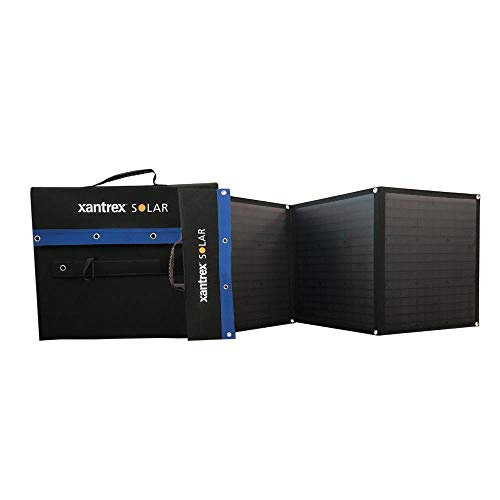So... As I said, I am no longer going to engage in discussions about if we can or should have EV-RVs. I think it has been demonstrated that everyone's minds are already made up on that. Nor will I engage in discussions about, water/hydrogen vehicles, etc. Same reason.
However, for those curious about actual eRVs - I present the following. A video of a couple that test drove and went camping with Winnebago's eRV2 and a link to a web site. Warning, the video is 1/2 an hour, but it is not heavy or boring. Just 2 people doing a
review >
For those preferring a
web page with more data >
https://www.winnebago.com/all-electric
Just my notes.
1. This is a test or "pilot" vehicle. I would expect improvements before they actually release it for sale.
2. The current eRV2 prototypes are built on a 2022 Ford E-Transit™ van which has a published range of 108* miles.
3. Everything is electric. No gas/propane/etc.
4. It has 900w of solar panels. I could not find how long it would take those 900w to totally recharge the chassis batteries.
5. The 3-in-1 plug enables recharging from home, campground or dedicated charging stations with house-system charging in as little as 2 hours and chassis charging in as fast as 45 minutes.
As I said, I am just posting this for those that might find it interesting.




































































